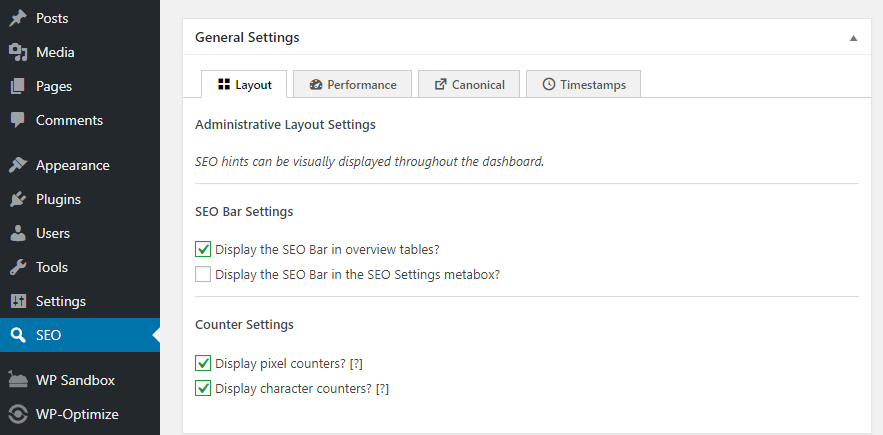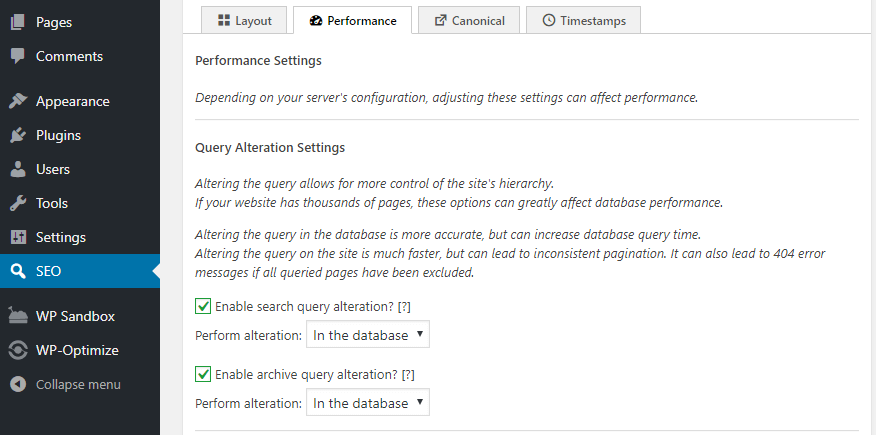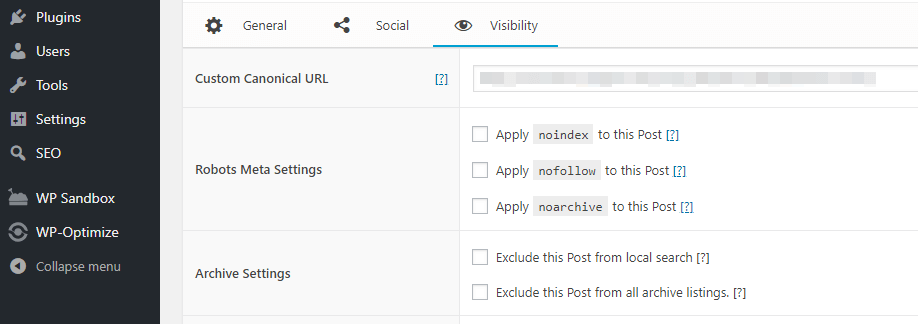
Is SEO Framework the new Yoast?
Is SEO Framework the new Yoast?
There are a ton of WordPress Search Engine Optimisation (SEO) plugins on the market, but only a few of them have really made an impact. Yoast SEO, is the name that comes to everyones minds, but it’s far from the only choice in this SEO category. There are plenty of other excellent plugins to choose from, one that’s been making a lot of noise is The SEO Framework.
In this blog, we’re going to talk about some of the reasons why you might want to look for an alternative SEO plugin and really find out is SEO Framework the new Yoast?
Looking for a Yoast SEO Alternative

Lets just all agree that Yoast SEO is an excellent plugin, but it’s not your only option.
Let’s begin this section by saying we agree Yoast SEO is an excellent plugin, I mean we use it on our all clients website. It does its job well, and the way it enables you to check out your keyword usage and your posts’ readability is fantastic. But, no plugin is perfect, and it’s always a good to see if there are alternatives that can better serve your clients and website.
Plugins like Yoast SEO gleam due to the large number of settings it has. However, having too many configuration settings can sometimes be a pain for beginners, or those looking for a easier solution. In other words, if you care about SEO but you’d like to use a less mind-boggling plugin, you should look into the alternatives. We’ve spoken before about All in One SEO Pack, which is also an excellent alternative.
But for this blog, we’re going to focus on the new solution – The SEO Framework.
An Introduction to The SEO Framework

The SEO Framework is an extendable plugin, it’s goal is to help your content rank better in Google. It offers many of the same features you would expect from other SEO plugins. For example, it permits you to set custom titles and meta descriptions for your content, and can also provide you with an overview of where your content is flawed.
However, one of the most unique features of The SEO Framework is its extendability. You can set up a companion plugin called Extension Manager, which helps you set up additional functionality to the tool. Some of these include options to help you focus on better specific keywords and much more.
The plugin emphasises simplicity. It’s a great option for people with next to no experience in SEO, but it also includes enough features to dig a little deeper. It feels like a very mature plugin – no wonder it’s become popular in recent times.
Some of its Key Features:
- Customise title, meta description, and Open Graph settings.
- Provides advice on which areas of your SEO needs more work.
- Provides suggestions on how to encounter your SEO efforts.
- Provides high configurable settings.
- And works with custom post types.
Free: The plugin is free, but if you want better features then you must pay | More Information
How Does It Compares to Other SEO Plugins
Let’s look at the settings SEO Framework offers. Once you activate the plugin, you will get access to a new SEO tab on your dashboard, which will take you to the plugin’s settings screen:

If you know the backend of WordPress then you would probably be familiar with most of these settings. SEO Framework lets you to tweak your content’s layout, meta description, title settings and social media options, and even how Schema is used:

This plugin does an excellent job of explaining what each feature does. The default configuration is good enough to leave alone. But, there’s more than one page of settings to explore. One of the things that grabbed our attention to SEO Framework was were it claims to provide better performance than Yoast SEO. The plugin includes a few settings dedicated to developing performance:

In our own experience, we can say the plugin does feel less lethargic than Yoast SEO. We can say the plugin is competitive with other SEO plugins such as Yoast and All In One SEO Pack when it comes to configuration options.
Let’s look at your All Posts tab. You’ll will see there’s now an additional SEO column, which includes colour-coded scores for different aspects of each pages:

Green stands for good and red for bad(obviously). The above examples have several aspects we can improve, and we know what they thanks to the tooltips, which is a nice neat feature. When we go to the content editor, you’ll see a new Post SEO Settings metabox at the bottom of the screen:

This section doesn’t include keyword optimisation options or readability scores (unlike Yoast SEO). But, it does provide options to change your post title and meta descriptions:

There is an option to change your robot.txt settings for each page, or even set up custom redirect URLs:

The only negative thing is the lack of keyword information. The feature in Yoast SEO is incredibly helpful if you like a visual aid. However, if you’re confident in the way you use keywords, then maybe redundant to your requirements. You can add same features using SEO Framework’s Focus extension.
We can say confidently say SEO Framework gives an experience that’s comparable to Yoast SEO. The great advantage is it doesn’t take as much of a toll on your website’s performance. This alone makes it better for small websites with less of an SEO focus.
But when it comes to features, Yoast SEO is still king, it’s a close call though. The extendability of SEO Framework will also suit those who like module-based systems.
Summary
What we love about WordPress is the large number of options you have when it comes to plugins, regardless of what functionality you want to add to your site.
The SEO Framework provides an fantastic experience. It offers a bunch of features which are easy to use. We would like to say it’s pretty close to getting to Yoast SEO as far as the features go, despite some out of the box omissions. If you’re looking for a new SEO plugin, this one is well worth having a look at.
Do you have any questions about which SEO plugin you should use on your website? Contact us now.